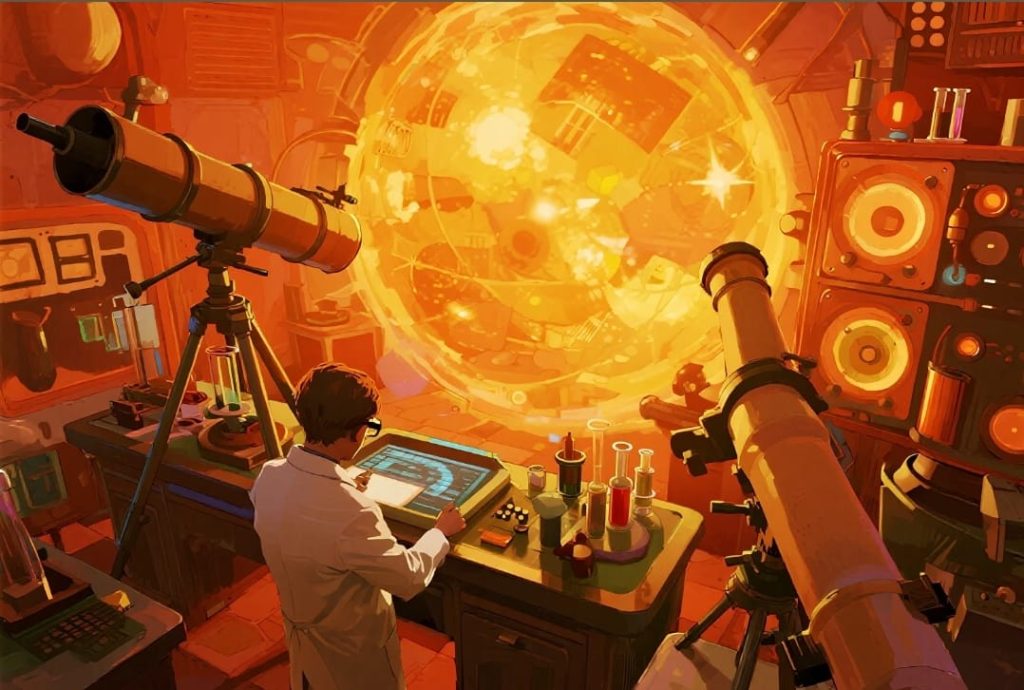IGCSE Physics Complete Guide|Syllabus Overview, Exam Structure & Study Tips
- 2025-06-02

What Is IGCSE Physics?
IGCSE Physics (International General Certificate of Secondary Education – Physics) is one of the core science subjects offered by Cambridge Assessment International Education (CAIE), designed for students aged 14 to 16. The course aims to build a solid foundation in understanding natural phenomena, covering essential topics such as mechanics, waves, electricity, and atomic physics. It prepares students for A-Level, IB Physics, and future STEM-related university majors.
Course Content (Based on Cambridge IGCSE)
The IGCSE Physics syllabus is divided into major topic areas:
1. Forces and Motion
- Speed, velocity, and acceleration
- Newton’s laws of motion
- Gravity and friction
2. Energy and Work
- Energy conversions and conservation
- Power and efficiency
- Heat transfer (conduction, convection, radiation)
3. Electricity and Magnetism
- Current, voltage, and resistance
- Series and parallel circuits
- Magnetism and electromagnetic induction
4. Waves and Sound
- Wave properties (wavelength, frequency)
- Sound waves and ultrasound applications
- Reflection, refraction, and lenses
5. Thermal Physics and Particle Theory
- Kinetic theory of matter
- Pressure and temperature relationships
- Heat capacity and specific heat
6. Atomic Physics
- Radioactive decay
- Nuclear energy and radiation
- Particles and energy transformations
Exam Format & Paper Structure
Students can choose to take either the Core or Extended level:
Core Level:
- Paper 1: Multiple-choice (45 mins)
- Paper 3: Structured questions (1 hr 15 mins)
- Paper 5 / 6: Practical Test or Alternative to Practical
Extended Level:
- Paper 2: Multiple-choice (45 mins)
- Paper 4: Structured questions (1 hr 15 mins)
- Paper 5 / 6: Practical Test or Alternative to Practical
Assessment Objectives:
Knowledge and understanding
Application and interpretation
Experimental skills and scientific inquiry
Why Study IGCSE Physics?
- Recognized by top universities and institutions in 150+ countries including the UK, US, Canada, and Hong Kong
- Essential foundation for pursuing A-Level Physics, IB Physics, or science-related disciplines
- Develops strong reasoning, critical thinking, and lab skills
Study Tips & Preparation Strategies
- Practice past papers weekly by topic to understand question patterns
- Memorize and understand key formulas, especially for calculations
- Keep an error logbook to track common mistakes and misconceptions
- Master experimental design and data interpretation for Paper 5 or 6
- Use a combination of visual aids, flashcards, and video tutorials
Who Should Take IGCSE Physics?
- Students interested in pursuing careers in engineering, medicine, architecture, aviation, or data science
- Those planning to take A-Level or IB Physics
- Learners who enjoy practical science and solving real-world problems
Recommended Resources
- Cambridge IGCSE Physics (official textbook)
- Physics & Maths Tutor – Free past papers
- CGP IGCSE Physics Revision Guide
- YouTube Channels like Physics Online or Science with Hazel
Expert Advice: How to Score an A or A* in IGCSE Physics?
- Focus on mastering calculation-based topics like forces, electricity, and waves
- Strengthen experimental design and understand how to handle apparatus and interpret data
- Practice under timed conditions to improve accuracy and speed
- Avoid rote learning—aim for conceptual clarity, especially for explanation-based questions

